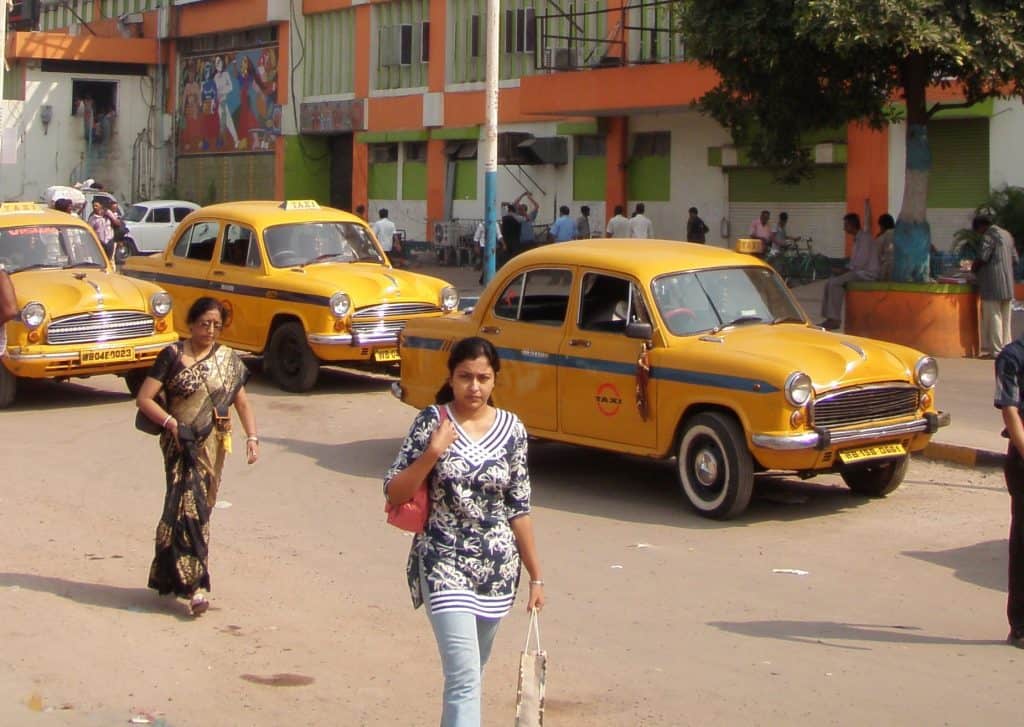A compilation of in-depth articles, resources and opinion, to inspire thought and concrete action towards becoming a safer country for women.

From December 2012 to November 2019, from Nirbhaya to Disha, from Delhi to Hyderabad — with Kathua, Unnao, Chennai, Jaipur and countless others in between — the spate of crimes against women in India continues unabated.
Neither a seven-year-long trial ending in a verdict of capital punishment for rapists in the Nirbhayacase, nor the encounter killing of alleged rapists in Hyderabad raises reasonable hopes of stemming the violence and reducing the vulnerability of women. Everyday, we read or hear of a new incident, each more brazen, brutal and shocking than the other.
What, and who, then, can we rely on for long-term solutions to this huge threat to the security and safety of women, that we seem to be unable to eliminate or even reduce?
In this special compilation, we look at the different types of violence that women face every day, the deep-rooted causes that have led to this and the challenges in delivering justice for victims.
We also highlight some measures taken by the state and social organisations and groups to address the problem and examine the extent of their success.
Privacy: The missing link in the discourse on sexual harassment
Tampered evidence, delayed lab reports: Why forensics isn’t leading to convictions in rape cases
Op-ed: A few simple steps towards designing safer public spaces for women
Helping boys and men become change agents in the gender equality movement
Three pointers to ensure speedy justice in sexual assault cases
HawkEye, Bharosa, transit dorms and more: Women’s safety initiatives from Telangana police
How have Indian states put the ‘Nirbhaya Funds’ to use?
Have cities really made it easier for women to report crimes against them?
Why ‘Fast Track Courts’ have been slow to ensure justice for women and children
Op-ed: Gender safety starts when we look beyond statistics and cases
Chennai helplines for women suffering abuse, gender violence or mental health issues
POCSO cases in Chennai: Where justice delayed is justice denied
Time has perhaps come for a separate law for crimes against women: S T Ramesh, ex-DGP
Bengaluru’s women factory workers can now do night shifts, but will it help them?
Women working night shifts: What does the law say about ensuring their safety?
Helplines for women in Bengaluru: Call for rescue, shelter, legal aid and more
Citizen Matters Special Projects
Making our cities better places to live in requires better understanding of urban issues, more data to drive solutions, synergies in attempts towards improvement, and sharing of best practices
This in turn calls for sustained coverage and interpretation of initiatives, or lack of them, across cities, related to each issue in focus.
To that end, our ‘Special Projects’ series takes up one key urban topic or theme at a time, and explores it in depth — through reportage, data, interactions and op-eds.